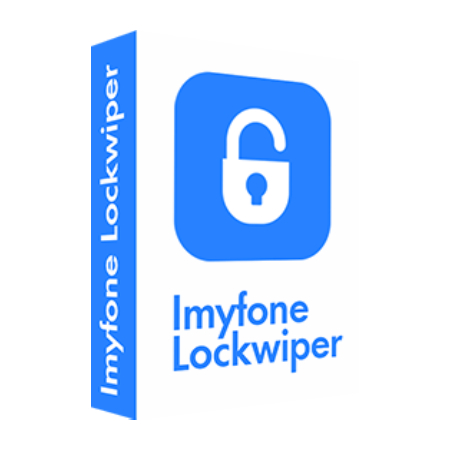When the Dodd-Frank Act was negotiated, the CFPB’s structure was written so that the director of the agency could not be fired at will, but instead only for cause. Despite ample precedent for this at other agencies, in Seila Law LLC v. CFPB (2020), the Supreme Court ruled that this violated the separation of powers clause of the Constitution.
Ironically, this example of Republicans and the courts chipping away at the CFPB made it more effective under Biden. If the old rule were in place, Trump’s CFPB director Kathy Kraninger would have been able to serve out her five-year term until . Instead, Kraninger resigned before being fired on Biden’s Inauguration Day, and now modern Rohit Chopra serves as the director.
As well as the payday financing signal, that is at the heart of your situation, was not touched by the new regimen, even though advocates desires to understand the feature-to-pay fundamental recovered

However, competitors of the CFPB have not stopped. Another way Congress tried to protect new agency’s businesses has been the latest so-titled self-funding apparatus. CFPB becomes its funds in the Government Set-aside in the place of Congress. This device turned the second target.
From inside the 2016, the newest CFPB issued a constraint known as the pay-day lending laws (officially, the new Pay check, Automobile Title, and Particular Large-Prices Repayment Money Code), and that severely minimal how pay-day or other higher-rates loan providers you will grant finance. Brand new code delivered underwriting specifications that would force lenders to choose a good borrower’s capability to pay back the borrowed funds, as well as other percentage protections. This is just like the feature-to-repay code CFPB founded getting highest-chance mortgages.
Just like the multiple flipped or revived fund electricity the income into the pay check financing, brand new laws is planning to severely change the business and you may probably slashed what amount of fund granted, for every The latest York Times’ reporting.
Kraninger then rescinded the underwriting provisions, leaving only the payment protections for borrowers, making the rule a shell of its former self.
However, which had been decreased for the lending business. Inside 2018, CFPB was prosecuted again, this time in CFPB vmunity Financial Features Connection off America (CFSA). In cases like this, CFSA, this new pay day financing industry’s best trade organization, found to fully get rid of the laws, on account of the to possess-lead to firing supply (and that had not yet , started felt like) while the self-financial support scheme, which CFSA contended violated the fresh new Constitution’s appropriations condition. If for-trigger provision are hit down, CFSA revised its criticism to target aforementioned.
Initial, the fresh new laws would have and additionally brought a speeds cap out-of 36 per cent, however installment loans online in West Virginia, pay day lending lobbyists efficiently necessary their removing
Last October, the U.S. Court of Appeals for the Fifth Circuit, one of the most conservative in the country, concurred with CFSA’s argument, rendering the consumer agency’s funding unconstitutional. CFPB has appealed to the Supreme Court, and the case is set to be heard in its next session.
So it legal uncertainty makes the probably unsafe consequences of dismantling the latest CFPB maybe not a hypothetical. This new rulemaking provides slowed since legal proceeding looms. You to metropolises an unnecessary economic burden with the someone and communities the CFPB could have been unable to shed an extensive adequate internet to guard.
In the March Of the Seasons, the brand new South carolina legislature was debating if mortgage loan cap to possess consumer fund could be suitable for the state. Lenders contended one to instance a restriction do place them regarding team, leaving a broad swath of people unable to supply personal lines of credit.
An viewpoint part for South Carolina’s Post and Courier sums up the argument well: By imposing a rate cap, policymakers would hinder access to crucial credit products, drive out ethical lending companies and perhaps most significantly, harm borrowers with less-than-perfect credit who will lose what may be the only form of credit for which they qualify, wrote Dan Walters, CEO of Borrowing from the bank Central, an online installment lender.















